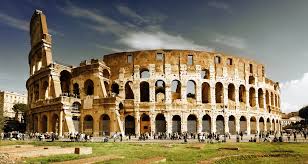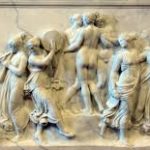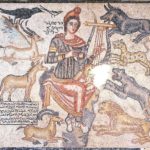Ancient Roman society was hierarchical. There were several social classes with different rights in Rome. Slaves had no legal rights. The three main classes in the Roman social system were the patricians or the upper class, plebeians or the lower class and the slaves.
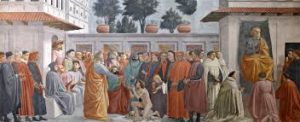
The Roman Senate was the legislative body which made laws consisted of the patricians whereas plebeians sat in the Roman Assembly. All the members of the aristocratic families were called patricians. The “plebs” were the vast majority of society and they constituted a social class made of the common folk.
Roman Society Facts
However, the citizens of Rome were again divided into six classes on the basis of property. The richest was the senatorial class. But all those who belonged to this class were not members of the Senate. Almost all political posts were filled by the members of this class.
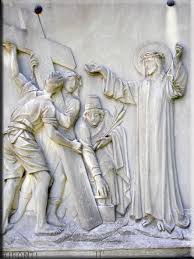
The business class, “equestrians” or “knights came next. They filled certain political and quasi-political positions. Below them were three classes of property-owning citizens. The proletariat of the bottom of the hierarchy had no land at all.
Status in Ancient Rome
The women belonged to the social class of their fathers, and after marriage, to that of their husbands. They did not have political rights like the right to vote. The freedmen were the slaves who were freed, their status varied over time. Many were wealthy but the majority joined the plebeian classes and often worked as farmers or tradesman.

Slaves mostly descended from debtors and from prisoners of war and military campaigns. They perfumed all kinds of jobs in ancient Rome. They could be found in banks, shops, and even schools. Slaves were entirely subject to the will of the masters. Heavy punishments were inflicted on them like whippings, beatings, hard labor etc. Slaves had no rights or free will although laws were enacted to protect them later on.
Persons who had come to Rome such as travelers, merchants and other foreigners, including freed slaves, were generally known as Clients and effectively formed part of a separate social class.
